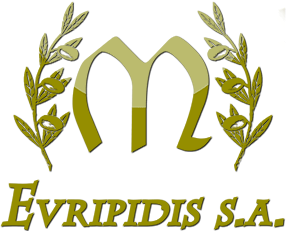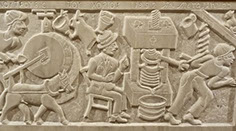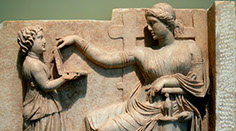history of olive oil in Crete
Ancient Cretans used olive oil, which Homer called "liquid gold".
Fossilised olive leaves dating back 50-60 thousand years, have been found all over Crete, and in the village of Zarko the oldest edible olives were found (3,500 B.C.), most likely some offering by a Minoan priest to the earthly gods.
The fact that the olive tree was the most sacred tree for the ancient Greeks is obvious considering the name of the capital city. According to mythology, Zeus held a competition amongst the gods: he who would offer him the worthiest gift would be honoured with the most powerful Greek city as a prize. The two finalists were Athena, the godess of wisdom and Poseidon, god of the ocean. Athena offered Zeus an olive tree, symbol of peace, while Poseidon offered him a horse, symbol of war. Zeus chose Athena’s gift over Poseidon’s and so Athena became the city’s namesake.
For thousands of years, Crete has been known as a garden full of delicious fruits, vegetables and one of the finest olive oils in the world. The sacredness of the tree went hand in hand with a healthy diet- in reality health and longevity are gifts from above. Today, the traditional Cretan diet is more known as a Meditteranean diet. Despite the fact that these gifts from above have roots of origin, they are no longer exclusive.
The ancient Greeks
The ancient Greeks considered that olive oil was beneficial to our health and recommended it in many cases such as: dermatological disorders, wounds and burns, gynaecological disorders, ear infections and birth control.
Modern Medicine
Modern medicine has confirmed that olive oil is beneficial to our health and recommends it in many cases such as: cardio-circulatory illnesses, prevention of prostate cancer, prevention of breast cancer, control of stomach ulcers, control of diabetes, sexual impotence as well as diets for children, athletes and the elderly.











